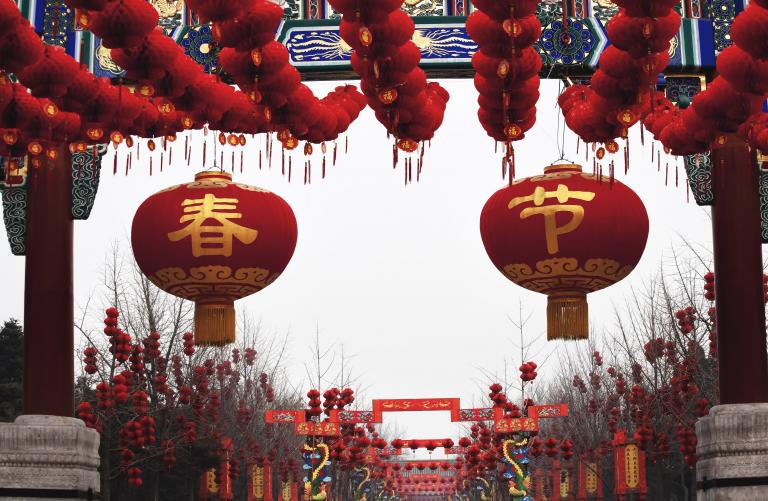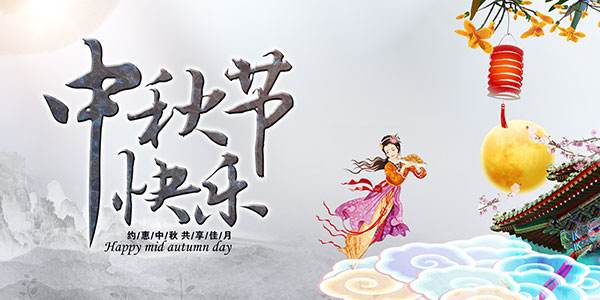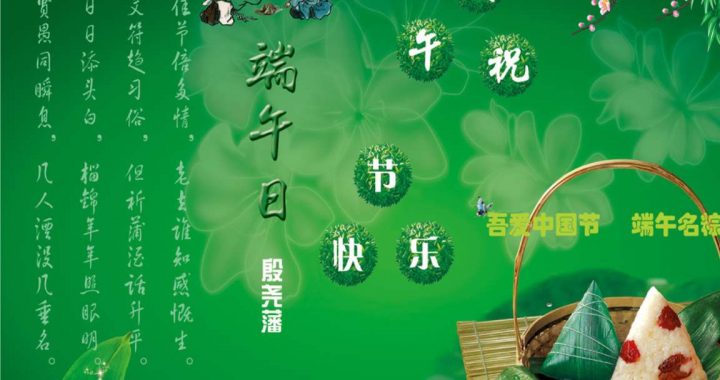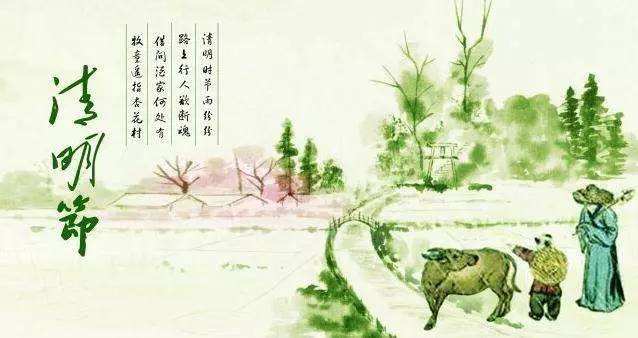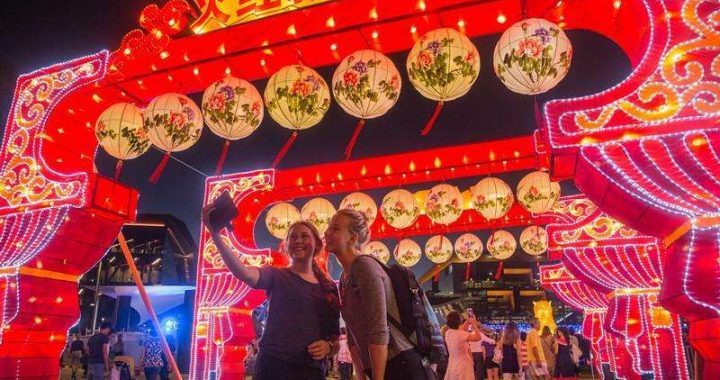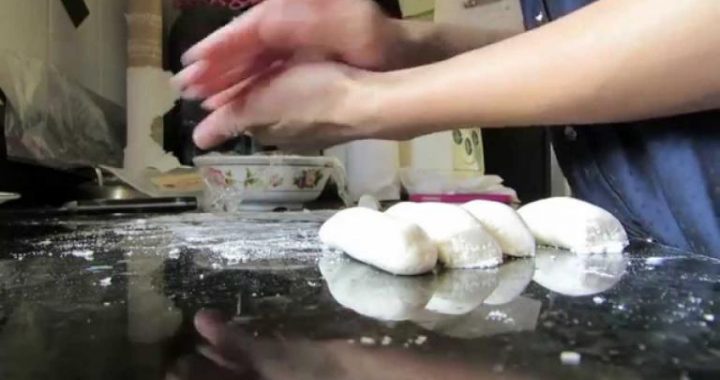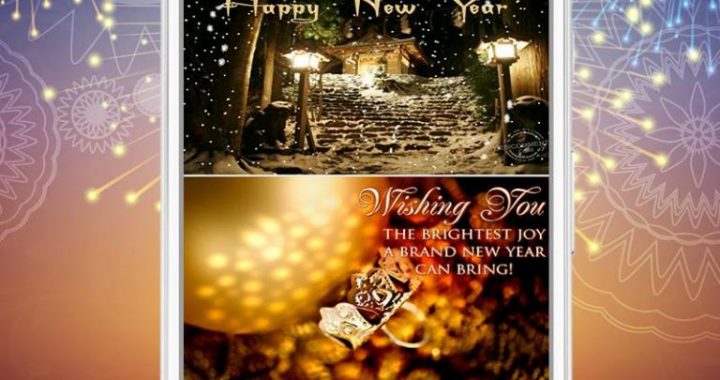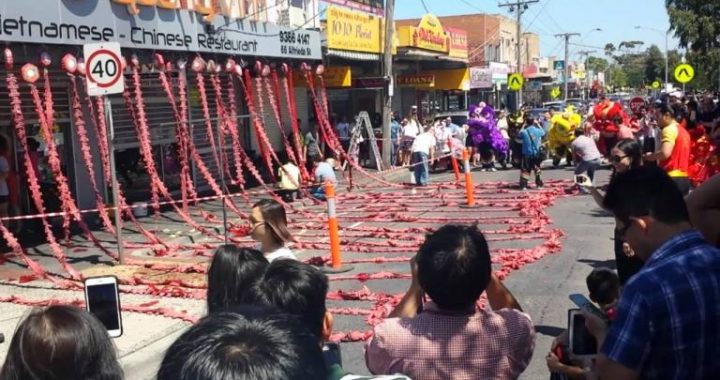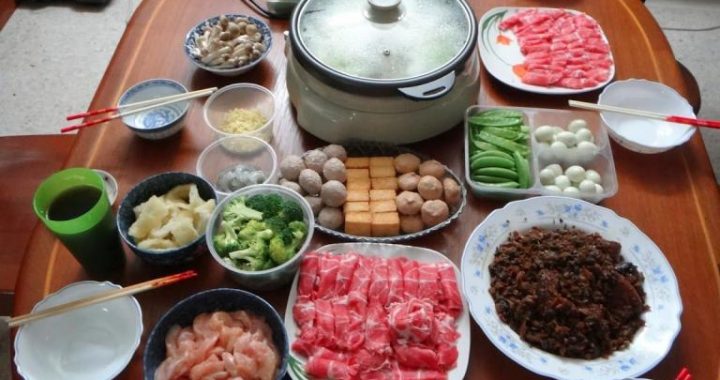Chinese Festivals and Culture
7 min readHappy Holidays! Amoy is most magical and merry on Chinese Holidays-and we have plenty to celebrate. Chinese have so many holidays that I’m surprised they do not also celebrate the non-holidays simply because they are so rare.
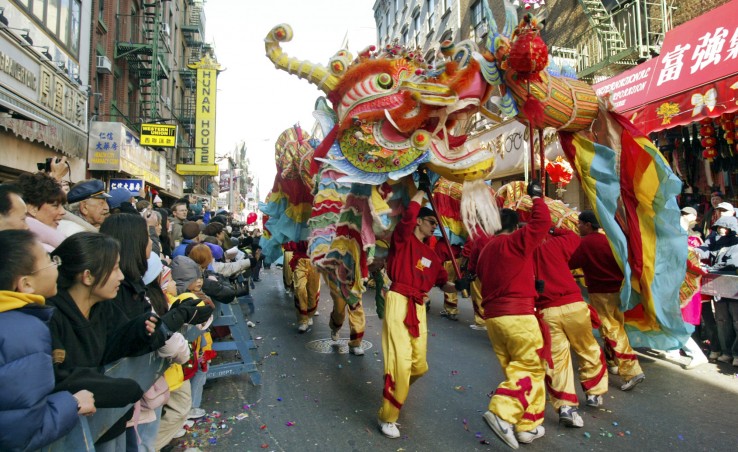
In S. Fujian, we not only celebrate all traditional festivals but add our own unique twists-such as the Mid-autumn Festival mooncake games.
To add to the merry mayhem, and perhaps as an excuse to celebrate the rare non-holidays, Chinese are also adopting Western holidays.
Santa Bless You! There was not a Christmas tree in site when we came in 1988, but Chinese now seem to celebrate the Yuletide as much as we do. Even post offices have Christmas trees, and church loudspeakers broadcast traditional hymns like Silent Night, We Three Kings, Frosty the Snowman and Jingle Bells. We can even buy Christmas cards, like the classic that says,”Santa Bless You!”
Heart to Heart Chinese have also taken to Valentine’s Day with a passion.A girl attendant in a remote town’s sole petrol station asked me,”Did you buy your wife flowers? It’s that day, you know!”Shops and stalls are full of roses. Kids sell them on street sides. And stores have Valentine’s cards, and cute little sweetheart figurines.
As Chinese embrace Valentine’s Day,some Chinese entrepreneurs are trying to tout Qixi Festival(or“Girl’s Festival,”“Double 7″Festival,”etc.)as China’s own Valentine’s Day.Qixi dates back to a 2519-year-old poem about a young cowherd and seamstress who are now stars separated by the Milky Way,and united once a year when magpies fly across the Milky Way,forming a bridge for them to cross.
Many protest that the festival was never intended to be a day for lovers but to celebrate a young girl’s skill in weaving and sewing.Others say by mimicking Valentine’s Day,it just makes Qixi a part of pop culture,and they urge Chinese to preserve tradition.
If keeping Qixi a holiday for seamstresses saves me from having to buy roses and chocolates twice a year,I’m all for tradition.
Before you celebrate holidays with Chinese friends,bear in mind some of their unusual taboos and customs.
In China,red is a lucky color,so red paper is often placed atop a gift,wedding cars are decorated with red ribbons,and brides wear bright red,(which many Americans associate with prostitution),not white.In China,white is for funerals,because white,black and blue symbolize grief.At New Year,children are given cash-stuffed red envelopes(Hongbao).Some say unmarried people can receive Hongbaos but not give them,but in Taiwan,students often give their teachers Hongbao.I wish my own students would adopt that custolm.
Monkey Business According to a Xiamen University professor,Chinese legend has it that we Laowai are the fruit of an unseemly union between an ancient Chinese maid and a monkey.To prove his point,he pointed to my arm,smiled,and said,
Tibetans,by the way,are proud of such monkey business.They boast that all Tibetans are descended from a union between the monkey God Haniman and the mountain goddess who seduced him.
Minnan Dialect is closest to the ancient Chinese spoken 2,000 years ago,and these colourful Minnan proverbs are a window on the wit and wisdom of those who speak it!
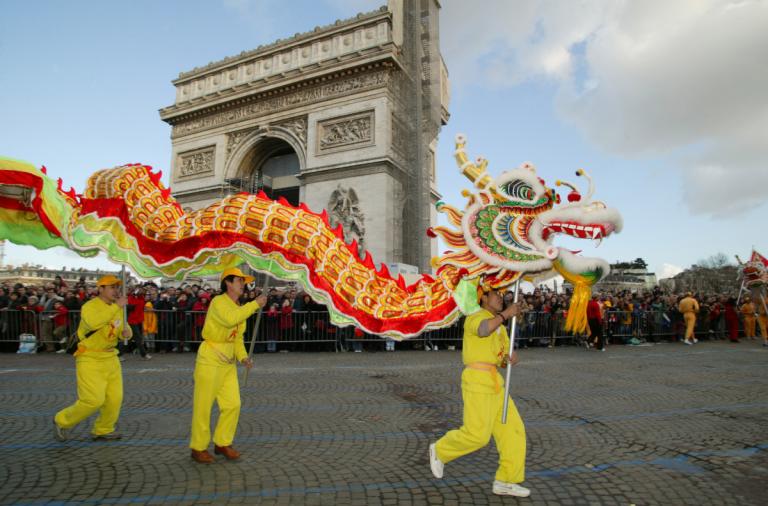
Chinese Holidays
Chinese New Year(Chunjie),aka Spring Festival,is to Chinese what Christmas is to Westerners.It falls on the first day of the first month of the Luny Calendar,which is usually in January or February.
At New Year,don’t even think of using public transportation.We were once stuck in Beijing two weeks because every bus,plane,truck and boat was packed with gift-laden passengers headed home for the holidays.
In the countryside,shiny new bicycles groan under the weight of parents and children returning to ancestral homes with bundles of gifts,and baskets of live ducks,geese,chickens and piglets.Even in the remotest hinterlands,mountain paths teem with families making the long but joyful trek home,possessions slung over parents’shoulders,children skipping and laughing in anticipation of grandma’s cooking and grandpa’s tall tales of the Japanese invasion or of the revolution.
A New Year’s celebration has traditionally been a very intimate affair,family only,but either times are changing or we now have a very big family.When the MBACenter’s Dean learned,to his horror,that we had not prepared our own Chinese New Year feast,he invited us to share his family’s 20 course banquet.And every year since,some Chinese family has shared their intimate meal with this family of homeless Americans.
A11 around Xidmen you will see traditional sayings in gold letters on red paper(some with Mickey and Minnie Mouse on them)pasted both sides of doors.They insure good luck in the New Year;a typical couplet might read:
“May there be lots of things to sell,and lots of money.”
“May the marketplace be crowded,with noisy business people.”
When only one character is posted,it is usually for Spring(Chun),LongLife(Changshou),or Fortune(Fu).Some say they are placed upside down so demons can’t read them and give them the opposite,but most say it is a play on the Chinese words“fu”and“dao,”meaning“fortune will come.”
Some folks put round mirrors above doors because demons are so ugly that their reflection frightens them away.It might work,at least on Foreign Devils.I’ve scared myself a few times before my morning shave.
Red paper is never used if an elderly person in the family has died in the lastthree years.Green paper is used for men,and yellow for women.Sayings to placate recently extinguished personages are pasted on doors.A few examples:
“Remember to be reverent for three years.”
“Cherish the memory of your parents like a cloud rising to the sky.”
“Wholeheartedly remember the past.
“Where did you hide the safe’s key,dear departed Dad?”【21
The night before New Year’s Eve,families prepare sweets:cooked dates,Chinese melons,cakes and candied peanuts.In the countryside and those cities where it is not banned,people set off firecrackers to ward off demons and the dreaded people-munching Nian(same character as for”year”)that stalks the land every New Year’s Day.
Lantern Festival(Yuanxioojie)falls on the 15th day of the Luny Calendar.Check out the shows at Zhongshan Park,and buy your kids(or yourself)a battery-powered plastic lanterns and join the parades.
Traditionally,young girls prowl the night,hanging around lanterns or pulling up people’s vegetables,all in the hopes of getting married.
I don’t see the connection between uprooting veggies and matrimony(unless she wants a husband with a higher celery?).
Eligible lasses cast divining blocks,walk in an auspicious direction until they meet someone,and memorize the first word that person speaks.She will then seek outa fortune teller,who will tell her if the word is lucky or not,and thus whether or not she will marry that year or have to uproot more veggies the next year.
Dragon Boat Festival,(Longzhoujie)The 5th day of the 5th lunar month is“Double 5th Festival”in Taiwan,and”5th Day Festival”in Xiamen.Some
people still insert Chinese mugwort(di)in doorways,poor wine on floors,and pin charms on children to ward off evil spirits.It’s a great day to air out clothes and bedding,clean house,and eat zongzis the pyramidal dumplings of glutinous rice and meat in bamboo leaves.The big draw is the annual International Dragon-Boat Race in Jimei’s Dragon-boat Pool.
Dragon Boat Festival is one of 3 traditional days for settling accounts with both the living and the dead.Various deities are responsible for health,wealth and warfare,and with so many lakes and rivers in South China,many Southern deities live underwater.People throw rice and Zongzis into the water to feed the hungry deities,demons,ghosts,and the chief water creature,the dragon.Tradition also says Zongzis are thrown to an ancient poet who drowned himself.
Zongzis supposedly originated with Qu Yuan),a Minister in the State of Chu in the 4th century B.C.He gave detailed instructions on how to wrap rice in silk with threads of five colors.They eventually came to be wrapped in leaves,in triangular shape,and bound with leaf fibers or string.
Susan Marie loves Zongzis,and Double Fifth is the time to find them-both the sweet ones and the meaty ones.(I like the vegetarian zongzis).
National Day(Guoqing Jie).Earth’s oldest nation is also one of its youngest.We celebrate New China’s birthday on October lst,and thanks to Beijing’s bureaucratic wizardry with weekends,we usually get a week off.This is to promote tourism,spending,and the medical profession,which rakes in the dough(or rice)treating foreigners who get ulcers queuing up for train and plane tickets.Most likely your Chinese colleagues will invite you out for a meal,and an evening of entertainment that may include fireworks,special performances of ballet ororchestras,or Minnan Opera.Or you can hibernate at home and watch the gala specials on XMTV and CCTV NEWS(the English channel).
